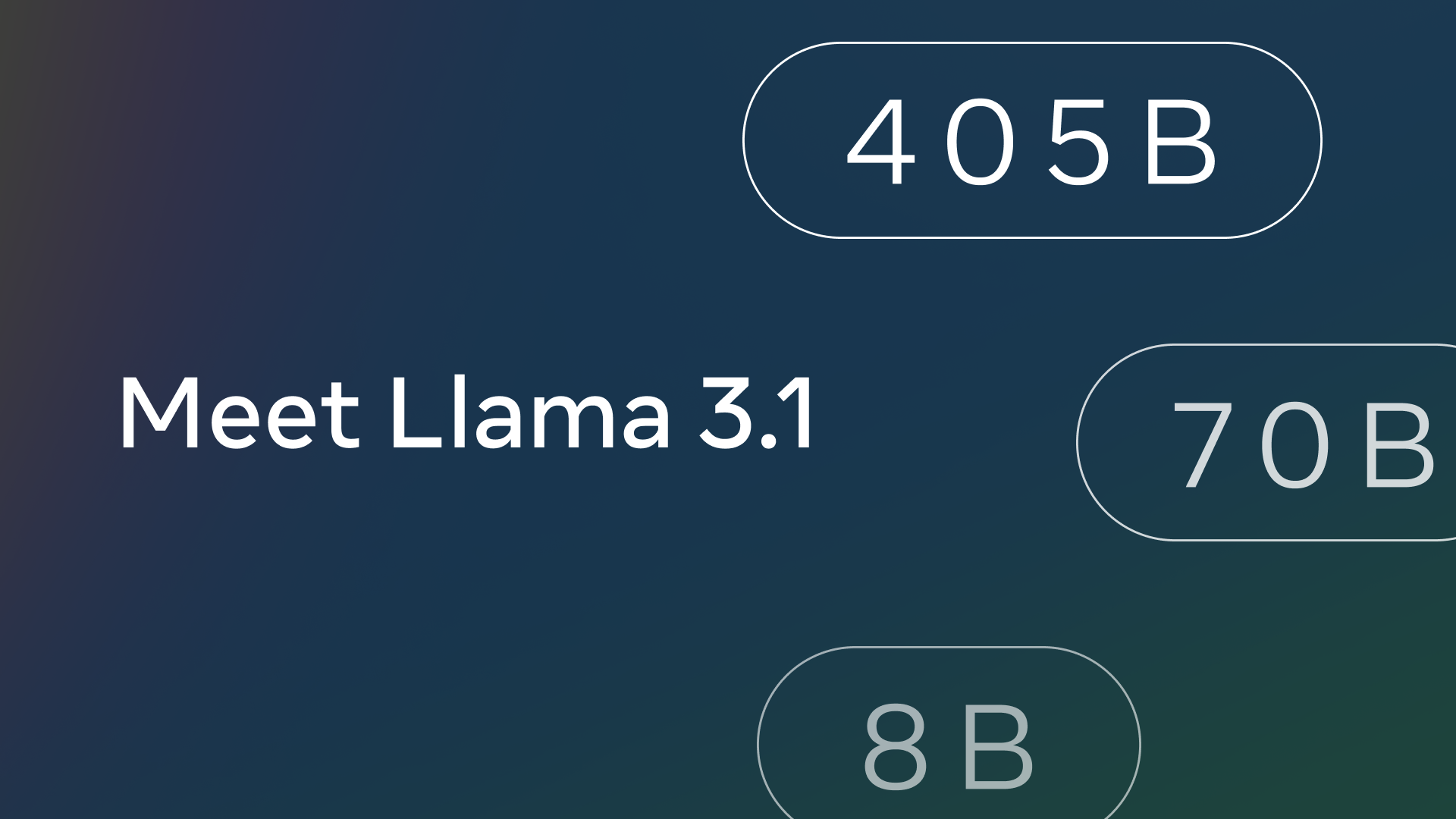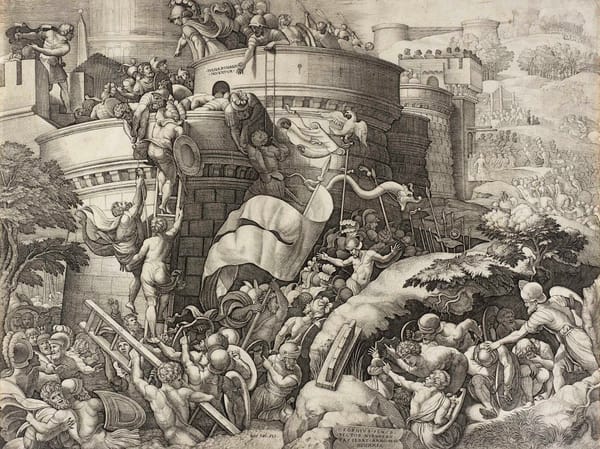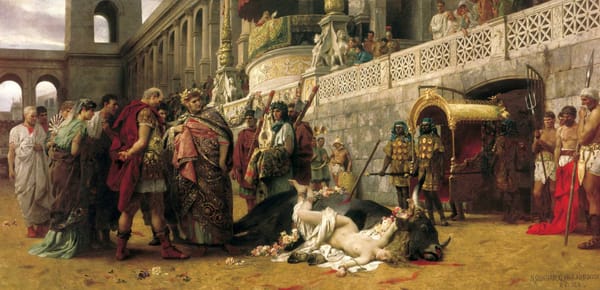Zuckerberg’s Secret Roman Message on his latest AI Announcement T-Shirt
Mark Zuckerberg, the co-founder and CEO of Meta, has long displayed a fascination with the Roman Empire, particularly with Emperor Augustus. This, combined with his playful AI-driven recreation of himself as a Roman gladiator, highlights his deep-seated interest in Roman history and its figures.

Zuckerberg’s interest in the Roman Empire is not merely superficial. He often references historical figures and events, drawing parallels between their challenges and his own experiences in the tech industry. This fascination seems to inform his leadership style, emphasizing resilience, strategic thinking, and long-term vision. His choice to publicly display his affinity for Roman culture, especially through symbolic gestures like the T-shirt, serves to reinforce his identity as a thoughtful and historically aware leader.
Moreover, Zuckerberg's adoption of Roman motifs resonates with his broader vision for Meta. Just as Augustus reformed and stabilized Rome, Zuckerberg aims to innovate and guide Meta through transformative periods. The Roman Empire's legacy of governance, military strategy, and cultural achievements provides a rich tapestry from which Zuckerberg can draw inspiration, shaping his approach to leadership and innovation in the digital age.
Mark Zuckerberg announcing Meta’s new Llama 3.1 AI model through his Instagram account, wearing a T-shirt with a quote from Emperor Augustus
The Secret Message Behind the T-Shirt
The phrase on Zuckerberg's T-shirt, reads:
"Annos undeviginti natus exercitum privato consilio et privata impensa comparavi"
This translates to "At the age of nineteen, on my own initiative and at my own expense, I raised an army." This line is part of Augustus' "Res Gestae," a monumental inscription documenting his achievements. The choice of this quote is telling; it reflects Augustus' pivotal role in shaping Rome's destiny through personal initiative and vision.
Zuckerberg, often seen as a modern-day innovator who has reshaped social media and technology, may see a parallel in Augustus' journey. Just as Augustus took bold steps to secure his legacy and restore the Republic, Zuckerberg continues to push boundaries in the tech world.
This quote not only underscores Augustus’s youthful ambition and drive but also subtly communicates Zuckerberg's own narrative of innovation and leadership. By donning this T-shirt, Zuckerberg possibly aligns himself with the image of a decisive, visionary leader who is willing to take risks and invest personally in his ventures. The message seems clear: innovation requires boldness and a willingness to lead from the front.
The selection of this specific quote also indicates a deeper layer of communication, perhaps aimed at the internal culture within Meta. It emphasizes self-reliance, initiative, and personal responsibility—traits that Zuckerberg likely wishes to foster among his team. In a rapidly evolving tech landscape, these values are crucial for maintaining competitive advantage and driving continuous innovation.

The T-Shirt’s Message and AI
The choice of this quote may also be interpreted as a statement about the nature of technological innovation and leadership in the AI space. In launching the new version of Meta’s AI, Llama 3.1, Zuckerberg is metaphorically raising an "army" of technological capabilities that can transform various sectors. The development of advanced AI models requires substantial investment, both financially and intellectually, paralleling Augustus’s efforts to raise an army.
Moreover, AI represents a form of control and influence over the future, akin to Augustus’ consolidation of power. Just as Augustus sought to bring stability and reform to Rome, Zuckerberg's advancements in AI aim to establish a new order in the technological landscape. The T-shirt serves as a metaphor for the pioneering spirit needed to lead such transformative initiatives. It subtly hints at the immense potential and responsibility that comes with harnessing AI technologies, positioning Zuckerberg as a leader in this modern-day revolution.
The message also reflects the strategic importance of AI in global leadership. By equating the development of AI with raising an army, Zuckerberg underscores the critical role AI will play in shaping the future. It suggests that just as Augustus’ army was essential for his power, AI will be pivotal in determining future technological and economic dominance. This analogy not only elevates the importance of AI but also frames Meta's innovations as crucial for future progress.

Augustus and Zuckerberg’s Admiration for Roman History
Zuckerberg’s admiration for Augustus and the Roman Empire is well-documented. He has often cited Augustus as a source of inspiration for his leadership style and vision. Augustus’ ability to restore and stabilize Rome after a period of turmoil resonates with Zuckerberg’s own experiences in steering Meta through various challenges and controversies.
In his Instagram post, Zuckerberg not only wore the T-shirt but also utilized Meta's advanced AI to recreate himself as a gladiator, a figure synonymous with Roman strength and resilience. This playful yet symbolic act underscores his connection to Roman ideals of power and endurance. Augustus’ legacy of governance, innovation, and public service is mirrored in Zuckerberg’s approach to leading a global tech giant. Both figures demonstrate a blend of strategic foresight and hands-on involvement in their respective fields.
Llama 3.1 and Meta’s AI Open Source Policy
The unveiling of Llama 3.1 marks a significant milestone in Meta’s AI development. This new version boasts enhanced capabilities in natural language processing, image recognition, and machine learning. By open-sourcing Llama 3.1, Meta aims to foster a collaborative environment where researchers and developers can contribute to and benefit from cutting-edge AI technology.
Meta’s commitment to open-source AI is rooted in the belief that transparency and collaboration drive innovation. This approach not only accelerates technological advancements but also addresses ethical considerations in AI development. By making Llama 3.1 accessible, Meta encourages a collective effort to refine and improve AI applications, ensuring they are used responsibly and beneficially across various sectors.

Furthermore, the open-source policy reflects a democratic ethos, much like Augustus’s efforts to balance autocratic rule with public welfare. Zuckerberg’s strategy aligns with a vision of inclusive growth and shared progress, reminiscent of the principles that guided Augustus in his reforms.
In summary, Zuckerberg’s T-shirt is more than a fashion statement; it is a symbolic reflection of his leadership philosophy and strategic vision. By invoking Augustus, he draws parallels between historical leadership and modern innovation, underscoring the timeless values of initiative, resilience, and visionary governance in shaping the future of technology.





About the Roman Empire Times
See all the latest news for the Roman Empire, ancient Roman historical facts, anecdotes from Roman Times and stories from the Empire at romanempiretimes.com. Contact our newsroom to report an update or send your story, photos and videos. Follow RET on Google News, Flipboard and subscribe here to our daily email.
Follow the Roman Empire Times on social media: